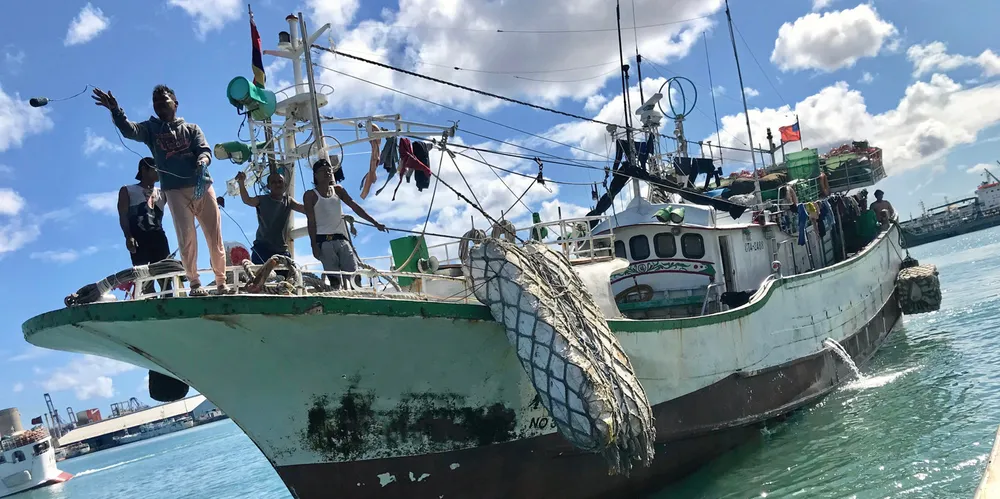Canned tuna giant Bumble Bee removes claims it has a 'fair and safe supply chain' from website as part of lawsuit settlement
Bumble Bee agreed to remove the disputed statements for 10 years.

Bumble Bee agreed to remove the disputed statements for 10 years.
